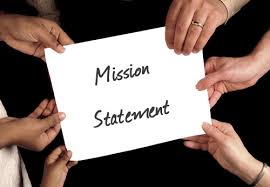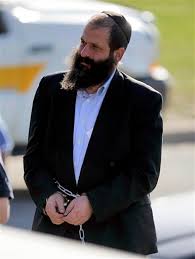 "Balak said to him: Come with me to another place..." (Bamidbar 23:13)
"Balak said to him: Come with me to another place..." (Bamidbar 23:13)Thomas Edison, one of the greatest inventive minds in American history is famously quoted as saying, "I have not failed. I have just found 10,000 ways that won't work." Edison understood that an integral component of success is failure. The two seeming opposites go hand in hand and function in a complimentary manner. The key to achieving success is an attitudinal one: how does one view failure?
Balak was on a quest to uproot the Jewish mission. We of course find his objective deeply troubling but nonetheless he had a specific task and his reaction to the various setbacks in that task imparts a powerful lesson for us. Balak understood that at the root of it all the Jewish people were in the midst of a spiritual journey and thus the way to subvert them was through a spiritual means. He therefore commissions the prophet Balaam to level a curse upon the people.
As we progress through the narrative we find that Balaam far from cursing the Jewish people ends up blessing them each time he attempts to do so. One can imagine how infuriated this must have made Balak who entrusted the success of his mission to the potency of Balaam's mystical incantations.
His response to each failure though was not to re-evaluate the objective or at the very least to think critically about the methods employed. Rather, he decides to move to another place and try again. Instead of turning inwards, he looks outwards and finds the fault within the environment itself. It is much easier to place the blame on circumstances that cannot be controlled, however by doing so one forfeits their ability to grow from the failure and come one step closer to success.
We are grateful Balak did not self-reflect and use his failures as opportunities for growth. Nonetheless, we can learn the lesson taught to us by both the Parshaand by Thomas Edison and shift our attitude and by doing so begin to truly reach for success.

 When I was a yeshiva student at The Lander College for Men I remember a moment during my learning that later became transformative in defining the ways that I try to teach Torah to individuals and communities. I was sitting across from my hevruta and we were grappling with a particular piece of Talmud in Tractate Bava Kamma. In the midst of discussing a particular Tosafot I looked up from the page and asked my hevruta, "Why is this relevant?"
When I was a yeshiva student at The Lander College for Men I remember a moment during my learning that later became transformative in defining the ways that I try to teach Torah to individuals and communities. I was sitting across from my hevruta and we were grappling with a particular piece of Talmud in Tractate Bava Kamma. In the midst of discussing a particular Tosafot I looked up from the page and asked my hevruta, "Why is this relevant?"
